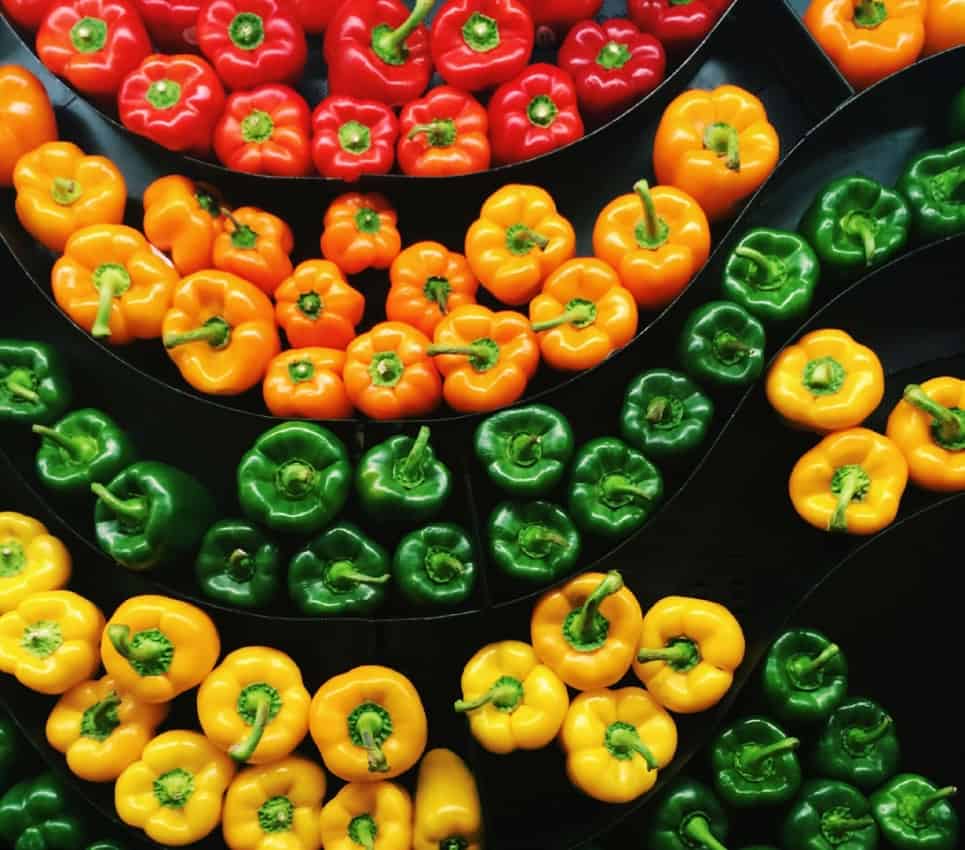The discussion surrounding veganism and vegetarianism has made its way into mainstream culture in recent years, with a steady influx of information that is getting hard to avoid. With that, more and more people seem to be wondering if they could be meant for the veggie lifestyle.
My path to vegetarianism has been a winding road. In highschool, I flung myself in full force. I tried raw veganism to treat the eating disorder that I struggled with at the time. If you don’t know what raw veganism is, the title itself pretty much explains it — all you eat are raw foods. No animal by-products, no meat and no fish. I barely lasted a month.
At that time, I thought that focusing on health meant that I was no longer struggling with my disordered eating habits — when in reality, I was using raw veganism as just another way to keep obsessive control over my food consumption. I wasn’t getting sufficient nutrients for my body, and it was an unrealistic diet for me at that time, so eventually, we parted ways.
My current love affair with vegetarianism started in March 2016. Just like so many vegans and vegetarians before me, I watched Cowspiracy: The Sustainability Secret, and it really shook up the way I saw and understood the food that I was consuming.
Then, I decided to look further into the mass production of meat and dairy, and the things I learned drove me to make changes. The level of cruelty involved in these industries is horrendous — the amount of waste produced is shocking.
Being an aware consumer in this capitalist society is important, because your dollar is, in many ways, speaking for you. What you purchase impacts systems much greater than your individual self. For me, being vegetarian means that I get to put my money where my mouth is and contribute a little less to the destruction of our environment.
Vegetarianism is also way cheaper for me. Beans, grains and produce cost me a lot less than buying meats and cheeses, and an affordable diet is also something that is clearly important for a student. The less blood debt I can rack up, the better, right?
I am passionate about living a more sustainable life in every way, as I go about my day, but I recognize that this won’t happen overnight. We’re all only human and constantly shifting our lifestyles.
I try my best to stay away from animal by-products and eat vegan when I can, but I am a 22-year-old who sometimes wants to eat the fancy cheeses that other people buy for me. Cheese boards are the essence of some of my closest friendships, so sue me.
Since my first flirtation with this lifestyle, my motivations for my food choices have shifted, and what I choose to put into my body in the future might be different. Remember that it is okay to shift and change — you don’t have to label yourself as anything if you don’t want to.

Going veg is now easier than ever.
It can be a rocky road, when you first make the switch to a vegetarian or vegan lifestyle. Being patient and gentle with yourself during transition periods is important. If there is anything I learned from my time with an eating disorder, it’s that there’s only harm to be found in punishing yourself because you ate a certain food.
Everyone has different reasons for consuming the foods they do, and regardless of your diet, I think the importance lies in being critical and doing our research to make sure that we are protecting the planet and others as best we can.
If you are interested in learning more about vegetarian and vegan lifestyles, there are countless sources out there for you to explore. Documentaries are awesome and informative, so check out Cowspiracy, Forks Over Knives or a series called Rotten — all of which can be found on Netflix.
A little closer to home, the University of Saskatchewan branch of Spoon University has released new media about how to get the nutrients you need on a vegan diet. The information is out there, so go grab it — and maybe you’ll give the veggie lifestyle a try.
—
Mackenzie Paradzik
Photo: Kaitlin Wong